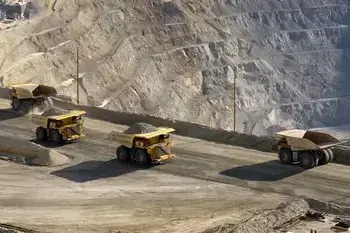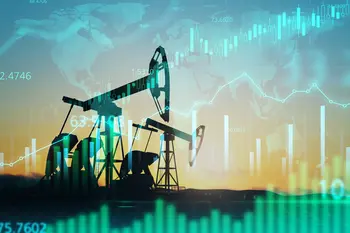Discover VanEck’s Commodities ETF Suite
Commodities represent an important and varied alternative asset class whose relevance is often overlooked when building a resilient portfolio. Not only do they have historical inflation hedging characteristics, but also demand is expected to increase due to the energy transition. Clearly future developments are uncertain and need to be closely monitored.

Gain exposure to a comprehensive set of metals through the companies at the forefront of their extraction and processing
Lower risk
Higher risk
Typically lower reward
Typically higher reward

Access leading gold mining companies: a form of safe haven and possible inflation hedge
Lower risk
Higher risk
Typically lower reward
Typically higher reward

Invest in the raw materials critical for technology and at the center of the geopolitical competition
Lower risk
Higher risk
Typically lower reward
Typically higher reward

Take part in the upstream oil services sector. Oil still is the most important energy source and gas is a lower CO2 alternative to coal
Lower risk
Higher risk
Typically lower reward
Typically higher reward

Track the companies active in the nuclear and uranium mining sectors – key actors in the energy transition that also help ensure energy independence
Lower risk
Higher risk
Typically lower reward
Typically higher reward


